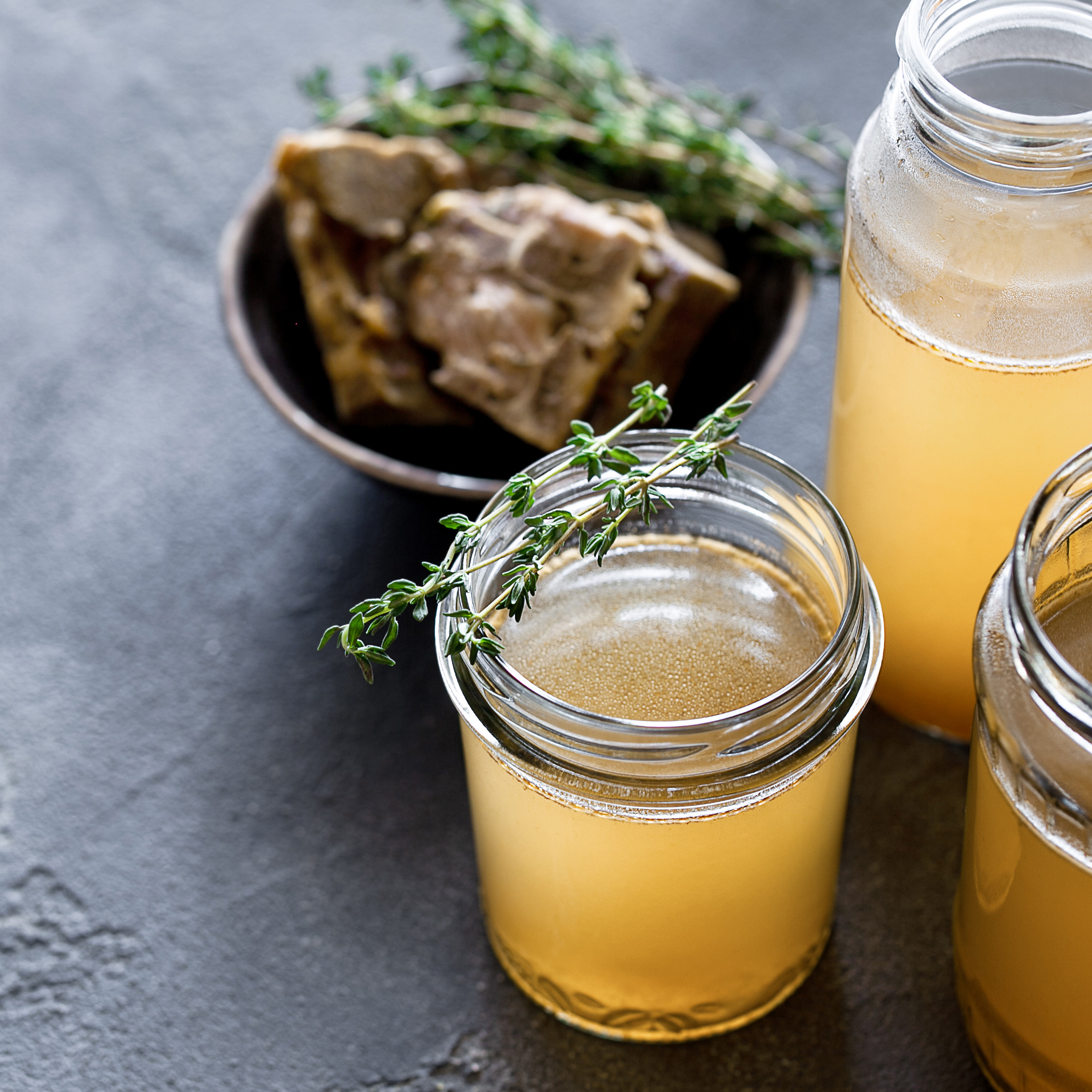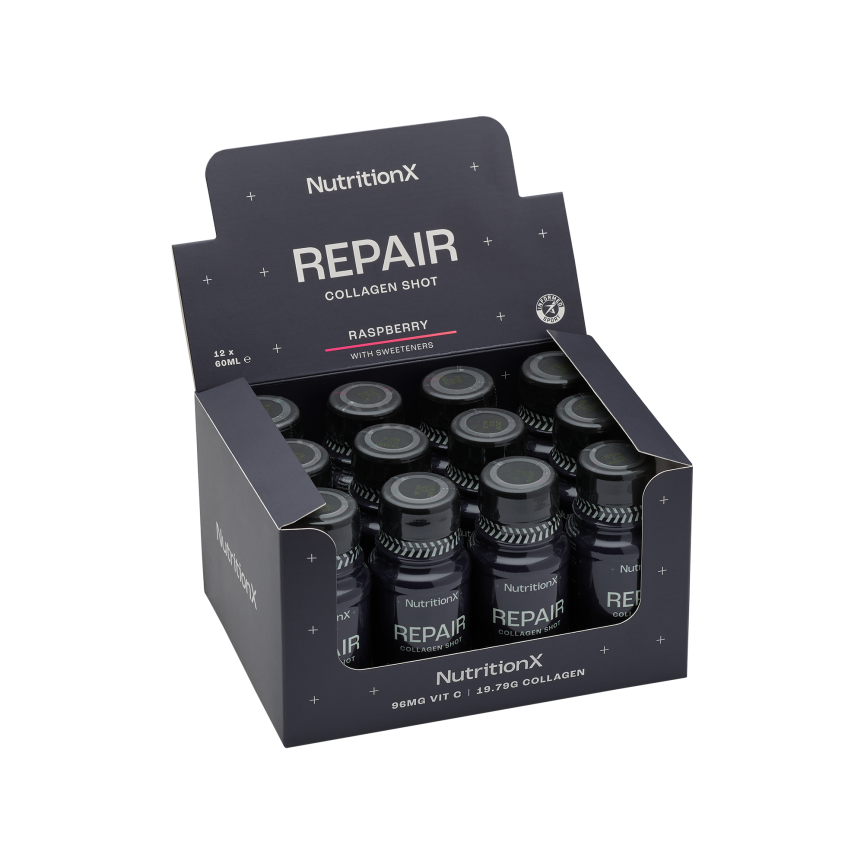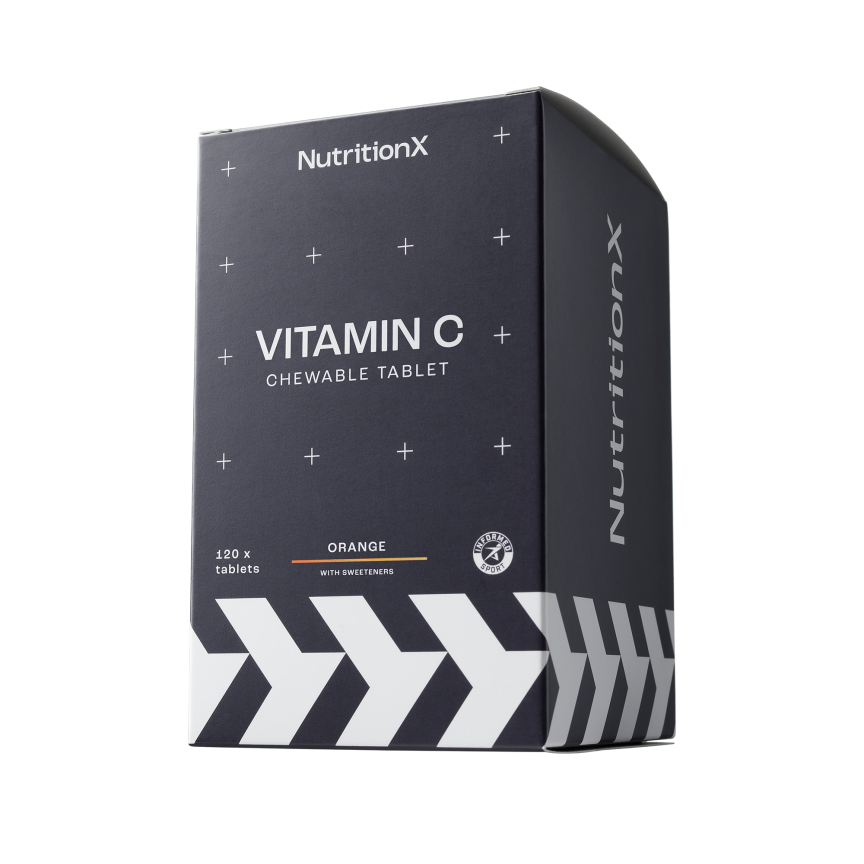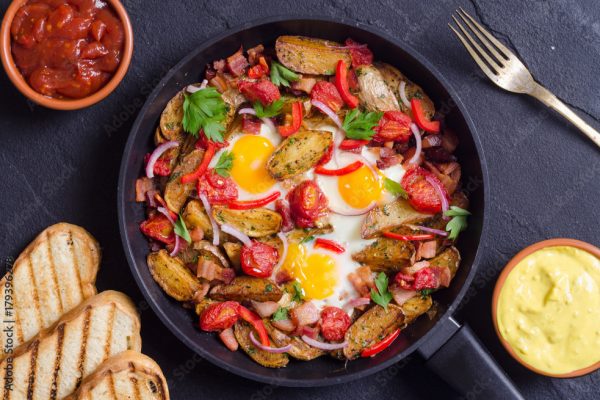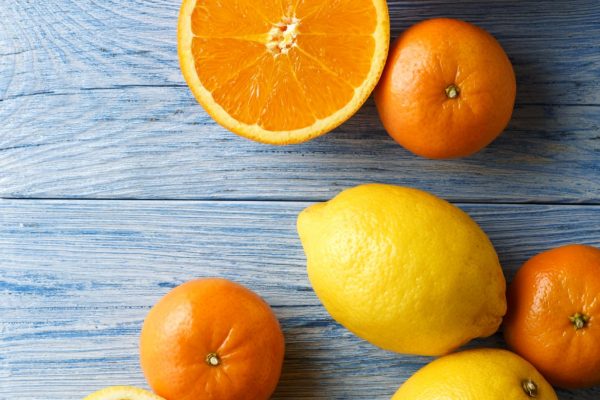What is collagen?
Collagen is the most abundant protein in connective tissue; It constitutes more than 80% of tendons and ligaments and can help to keep joints healthy. The body makes its own collagen via collagen synthesis. To do this the body needs a variety of amino acids, mainly glycine, hydroxyproline and proline in addition to the presence of vitamin C, Copper and Zinc. For a more scientific overview of collagen, we recommend you read our Science Behind Document and Benefits for Athletes article on our website.
Why is collagen important for athletes?
Given the important role that collagen plays in the formation of connective tissue within the body, it inevitably plays a key role in protecting and repairing this very tissue when it comes under strain; a common complaint amongst athletes considering the high prevalence of injury in sport. Collagen acts as the building blocks of connective tissue found in joints and tendons – a common source of injury for athletes across multiple disciplines – and so ensuring the body has adequate support in the form of collagen-rich foods/ supplements to help in the recovery from such injuries is vital.
What are the main sources of collagen?
Although our Repair Shot is an award-winning collagen supplement, at Nutrition X we believe in a food first approach therefore we would like to share some easy ways to increase collagen in your diet without the need for supplementation. As we mentioned, the amino acids glycine, hydroxyproline and proline are important in collagen production and the best way to consume a wide range of amino acids will be via protein rich sources such as lean meats, fish, nuts, seeds, soya products like tofu, beans, legumes and dairy products e.g., cheese, eggs, milk and yoghurt.
Bone broth can be a great way to increase collagen intake. Bone broth is made by slowly simmering animal bones and connective tissue to extract the collagen which can then be consumed. Gelatin is another food that can be used to increase collagen intake. In fact, Shaw et al., (2017) concluded that adding gelatin to an intermittent exercise program improved collagen synthesis and so could play a beneficial role in injury prevention and tissue repair. Gelatine can be found in the baking section of most supermarkets: Gelatine.
Vitamin C also promotes collagen synthesis in the body therefore an adequate intake of vitamin C is essential. Vitamin C cannot be stored in the body, so you need it in your diet every day from sources such as citrus fruit (e.g., oranges and orange juice), peppers, strawberries, blackcurrants, broccoli, brussel sprouts, potatoes.
Collagen Recipe
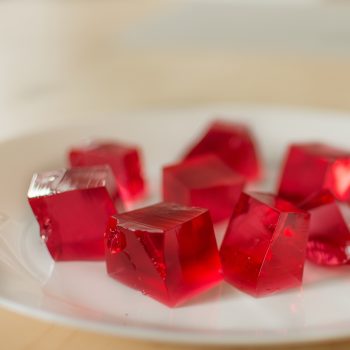
Collagen Building Blox Recipe:
Ingredients (serves 8)
- 80g ( ½ cup) of Knox Gelatin
- 1 ½ cups of Ribena
Directions
- Bring 1 ½ cups of Ribena to a boil
- Meanwhile, mix gelatin into the cup of water
- Add the hot juice to the gelatin and stir until dissolved
- Pour gelatin into moulds or a flat tray
- Place in the fridge to set
- Cut into 8 pieces
Serve with a fresh glass of orange juice for additional vitamin C.
Creator: Dr Keith Baar (@MuscleScience)
Per Serving | 112 Kcals | 20.2g Carbohydrates | 7.8g Protein | 0g Fat



